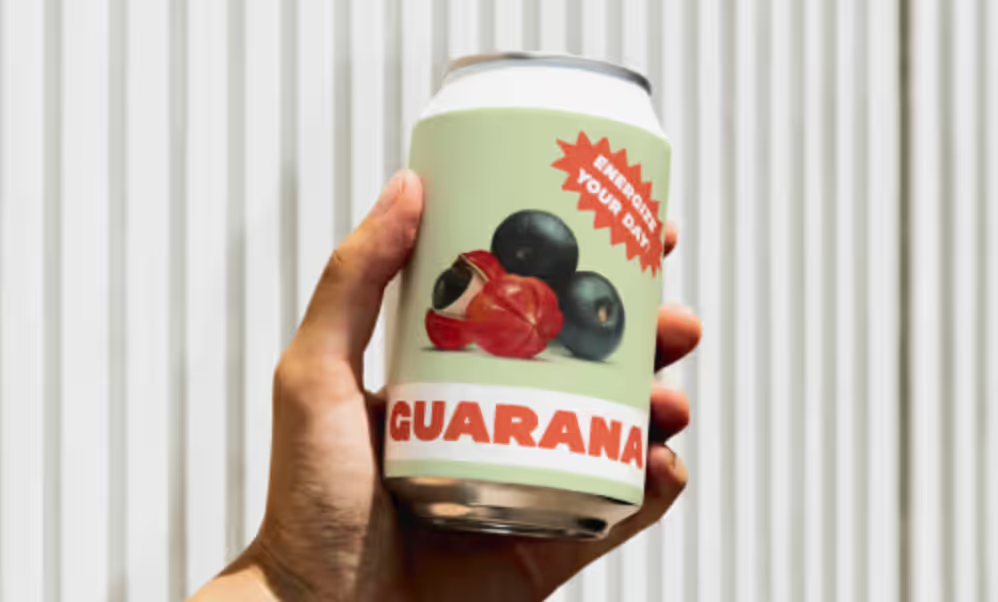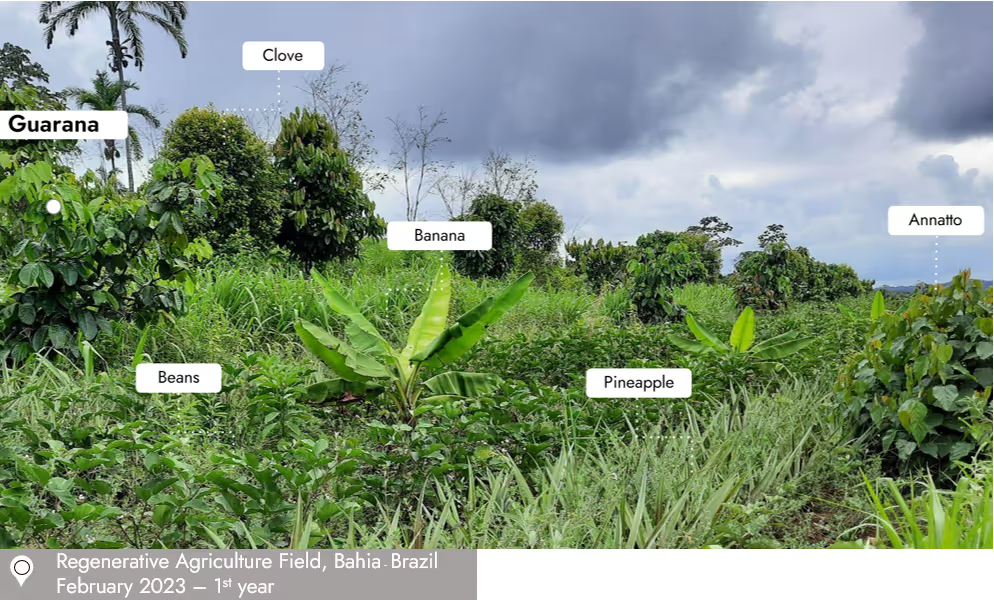For centuries, indigenous tribes in Brazil have used guarana - traditionally known as “the eyes of the Amazon” - for its stimulating properties.1 They incorporated the grains of the guarana plant into their daily lives. They ground them into a paste and consumed it in hot water to alleviate symptoms of fatigue and sensations of weakness.2 Hunters often drank guarana before hunting or long journeys through the dense rainforest.
Today, in a world where energy is one of the top three benefits European consumers seek when purchasing supplements3, guarana has quickly become a go-to functional energiser.
Guarana offers several wellness benefits:
Guarana’s energising benefits come from its natural caffeine content - with guarana seeds containing up to two times the caffeine content of coffee beans. This means that consumers often perceive guarana as a healthy alternative to coffee.4
Studies have shown that consumers associate guarana with enhanced alertness5 and the ability to maintain energy levels.6 7 These functional qualities make guarana an ideal ingredient for companies looking to create natural functional beverages, energy and sports drinks.

By drawing on Givaudan’s extensive expertise in taste, we can help formulators minimise guarana’s bitter off-notes and achieve a perfectly balanced and enjoyable product experience that still delivers the functional benefits consumers seek. All our guarana extracts are also water soluble, making them suitable for a broad variety of applications - even clear beverage applications. Depending on local regulations, companies can also feature the striking, bright red guarana fruit on the front of the pack, adding to a product’s intuitive appeal.
But guarana's story ends right back where it began - in the lush green canopies of the Amazon forest. Givaudan sources and produces its guarana extract exclusively in Brazil. Our guarana supply benefits from a specific programme known as Guarabest, which has been in place since 2019, a collaboration between local guarana producers, cooperatives and Givaudan’s in-house team of agronomy experts.

As part of this programme, a total of 21 KPIs are continuously monitored to assess the initiative’s environmental and economic benefits. This allows 18 botanical species to be intercropped with guarana, promoting biodiversity and strengthening the ecosystem’s resilience by improving soil health. Following positive results, Givaudan is now looking to replicate this model.
This approach towards regenerative farming will enable more local farmers to scale up the transition towards more sustainable agriculture practices and allow customers to meet growing consumer demand for sustainably grown guarana, ensuring that their supply chains support their own sustainability commitments.


